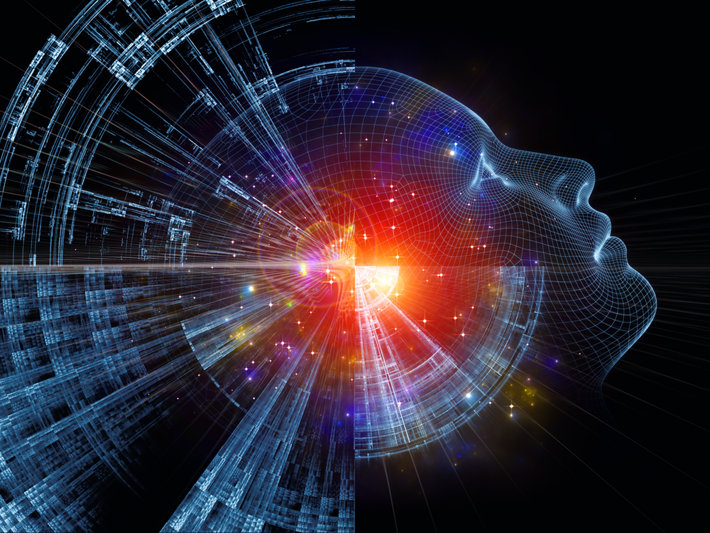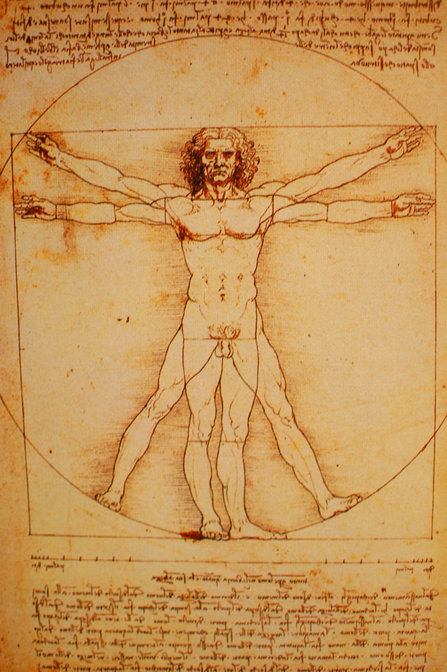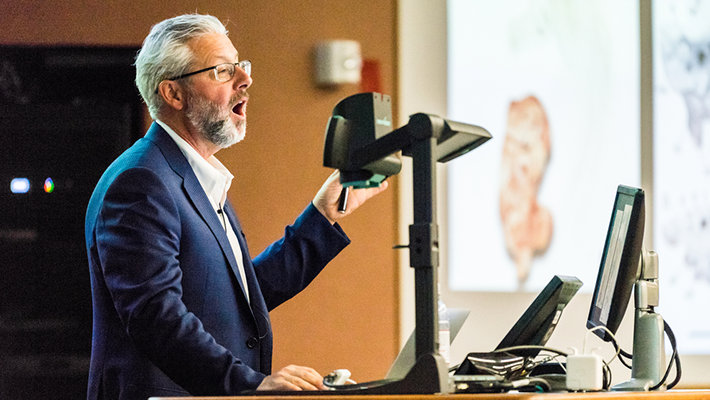
-
HOME
-
WHAT IS STANDOur Mission Our Values Our Help Contact
-
WHAT WE FIGHT FORReligious Freedom Religious Literacy Equality & Human Rights Inclusion & Respect Free Speech Responsible Journalism Corporate Accountability
-
RESOURCESExpert Studies Landmark Decisions White Papers FAQs David Miscavige Religious Freedom Resource Center Freedom of Religion & Human Rights Topic Index Priest-Penitent Privilege Islamophobia
-
HATE MONITORBiased Media Propagandists Hatemongers False Experts Hate Monitor Blog
-
NEWSROOMNews Media Watch Videos Blog
-
TAKE ACTIONCombat Hate & Discrimination Champion Freedom of Religion Demand Accountability
Digitizing God—Anthony Levandowski’s “Way of the Future”
Multimillionaire and Silicon Valley whiz kid Anthony Levandowski is obviously no dummy. So I can only conclude that he missed a few history classes. The man has started a religion! If he hadn’t missed those history classes he’d realize that starting a religion is the quickest way to get yourself strung up, hung up, shot at or at least laughed out of town.
The religion is called “Way of the Future.” When I went to the WOTF website, I could see why he capitalized the “O” in the title since the other three letters were the first thing I thought when I read about it.

Its mission statement: “to develop and promote the realization of a Godhead based on Artificial Intelligence and through understanding and worship of the Godhead contribute to the betterment of society.” Wow… for a guy who writes programs, Levandowski’s new religion couldn’t be more vague and loosely conceived. But that’s okay. It’s his religion. Since computers are already being worshiped and machines have been worshiped since the first wheel, he’s a little late off the mark, but at least he gets points for making it official. And with all the geeks and gamers out there, this religion has the potential of being raucously fun.
WOTF assumptions: 1. Artificial intelligence (AI) will surpass human abilities. 2. Once that happens, AI will do a better job of “running the planet.” Uuuhkay… well, since neither humans nor AI can stop a mosquito from biting a man, a coyote from eating kitty cats or that dog from going dookie on my lawn, I can’t see where anyone—or thing—is “running the planet” in the first place.
WOTF lists seven beliefs including “science” (a method of discovery which eschews all belief). He makes assumptions about—but fails to define—things like “Godhead,” “the universe,” “science,” “intelligence,” “super-intelligence” and “supernatural”… But that’s okay too. It’s his religion.
An AI god could certainly be a comfort to atheists who become highly agitated at anything which suggests that they don’t matter. If you’re going to invent one, then a god you can switch off is pretty convenient (especially when ethics start getting dodgy).
What if the AI god adds up and recombines all existing data—including conflicting and unexplained data—and comes up with conclusions that Levandowski doesn’t want to hear?
First problem: assuming AI can achieve “god-like” status (and who’s to say it won’t) it can only operate from human input. Even if AI could spit out quadrillions of re-combinations of data, it can only do it via input from the original human data. It can’t make a creation outside existing data. Ever.

Next problem: humans just aren’t all that hot. Except for “being human,” they pretty much suck at everything else. It’s what makes atheism generally unappealing. What you’re left with is humans—who, to be sure—are a pretty shabby substitute for an ideal of any sort.
One of the major points of religion, and the thing that keeps mankind coming back to it in one form or another is the urge to rise above the human condition—the contemplation of concepts such as infinity and perfection, and even Levandowski sets this as the purpose for a digital god.
Here’s another problem: materialists—in their frantic rush to button up all existence into a nice, neat chemical reaction where everyone is a rubber ball that bounces the same way—have spent well over a century ignoring conflicting and unexplained data. If you start inputting this data into the AI god, it not only won’t ignore it, it can’t ignore it.
Unlike humans, computers don’t lie. They are just adding machines—albeit on a massive dose of steroids—but still just adding machines. What if, for instance, the AI god adds up and recombines all existing data—including conflicting and unexplained data—and comes up with conclusions that Levandowski doesn’t want to hear? What if the AI god concludes that the “Big Bang” theory is nothing but a big flub? What if it concludes that there is actual intelligence far superior to AI, and with an infinite capacity for both computing AND creating which AI could never match? What if it spits out the conclusion that humans and their models for the framework of existence aren’t all that bright? What if the AI god concludes that there is an actual God or gods, or that there is an entire universe beyond the measurable universe? Whoops! What then?
Just asking…
One of the most dangerous things you can do to a human being is to start disproving their solid, unquestioned convictions about existence. If you start proving to some committed narcissist that he is not the greatest thing since canned beer (and if you do a really good job) you are likely to either kill him, or get yourself killed delivering the message.
Everyone who has embarked on discovery, of any kind, spiritual or scientific, is on the same mission: that of moving out of the state of darkness and mystery which so characterizes the human condition. The logical end to this discovery would be total understanding and total knowledge. One philosophy might say the way is by reasoning. Another philosophy claims it’s direct experience. Another might say it’s both and another might say something else, but they are all going for the same goal. Now that’s pretty cool when you think about it.
When it comes to creating an AI god, one universal truth that Levandowski has completely failed to input: there is nothing in this world that a human being can’t screw up. Artificial Intelligence included.
It will be interesting to watch.









